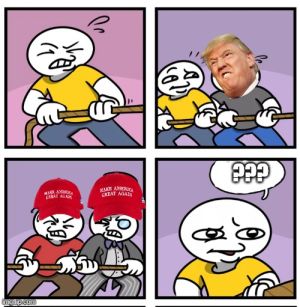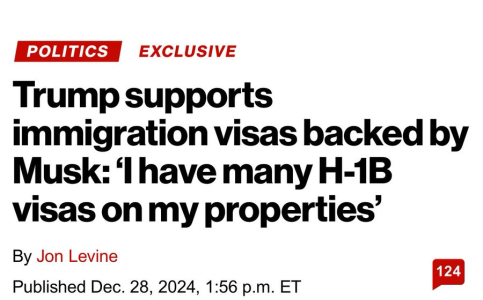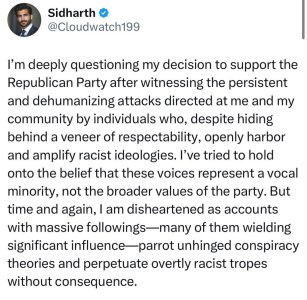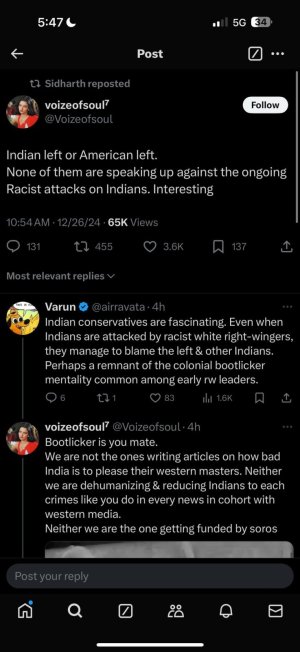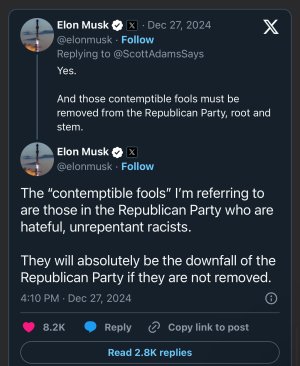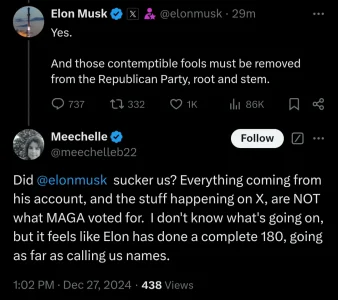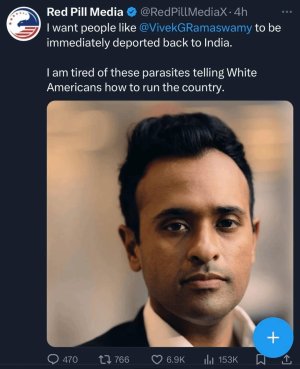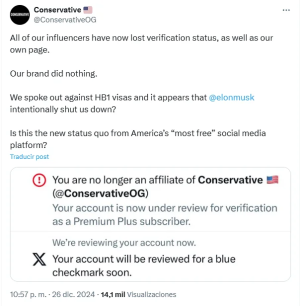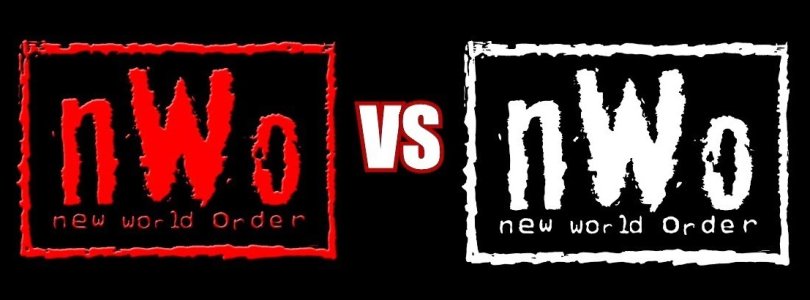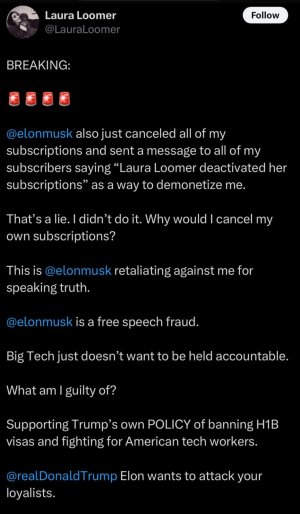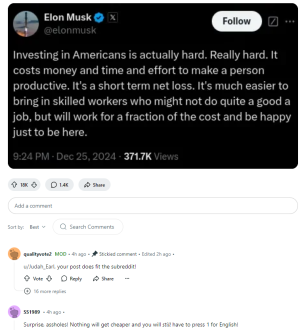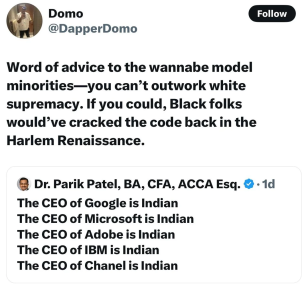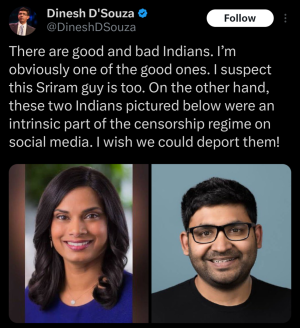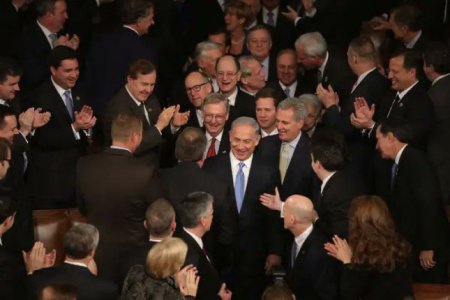This week, President Trump is expected to announce his new policy toward Cuba. If his decision is to roll back the policy of engagement begun by President Obama – as press reports indicate is likely – it would not only harm U.S. businesses and the Cuban people, it would leave a gaping vacuum just 90 miles offshore, for our adversaries to fill.
The Cold War is long over and Cuba is no longer a threat to the United States. But Cuba, a former Soviet satellite, remains within arm’s reach of President Putin. As the economic and political crisis deepens in Venezuela – Cuba’s post-Soviet patron – Russia is eager to regain its once diminished sphere of influence over our island neighbor.
Recent events indicate that the Kremlin may be seeking to return in full force. Last month Russia resumed oil shipments to Cuba for the first time in more than a decade. The Kremlin has again become the island’s savior amid a Cuban energy crisis caused by the chaos in Venezuela, its largest supplier of subsidized petroleum. This alone should set off alarm bells in the White House.
Equally troubling, Putin has agreed to forgive 90 percent of Cuba’s $32 billion debt to the Soviet Union and has signed multiple agreements to invest in infrastructure developments and oil exploration. There are also reports that Russia is in conversations with Cuba to reopen a military base near Havana, which would result in a fully equipped signals intelligence station. A close military alliance between Russia and Cuba could have grave security consequences for the United States.
One obvious way to mitigate Russian influence in our hemisphere is through enhanced engagement with Cuba. Over the past two and a half years, the United States has charted a new course with Cuba, restoring diplomatic relations and allowing for expanded travel and trade. As two retired U.S. military generals wrote in an op-ed in Politico last month, cooperation with Cuba has been a game changer for regional security. Since the thaw in U.S.-Cuba relations, our two governments have signed nine formal bilateral agreements on issues related to matters of national security, including human trafficking, counter-narcotics, and cybersecurity. Why cast aside this opportunity to coordinate on cross-border and maritime law enforcement, a top priority for President Trump, and instead cede the playing field to Putin?
History has taught us that positive economic relationships can produce far more dividends than punitive, unilateral sanctions. Cuba is a classic example, where our 55-year embargo has achieved none of its objectives – in fact, it has been used by the Cuban authorities to justify their repressive policies. We and the Cuban government continue to have big differences over human rights, as we do with many countries, including several that President Trump recently visited. But there is no better way to drive Putin out of the Caribbean than to remove President Castro’s incentive to expand trade with Russia in exchange for security. If the Cuban people have access to affordable, high-quality American goods and the benefits of U.S. infrastructure investments, if American travelers can support Cuba’s growing private sector and share our values with the Cuban people, the Kremlin will be pushed to the fringes.





 are the future.
are the future. 







